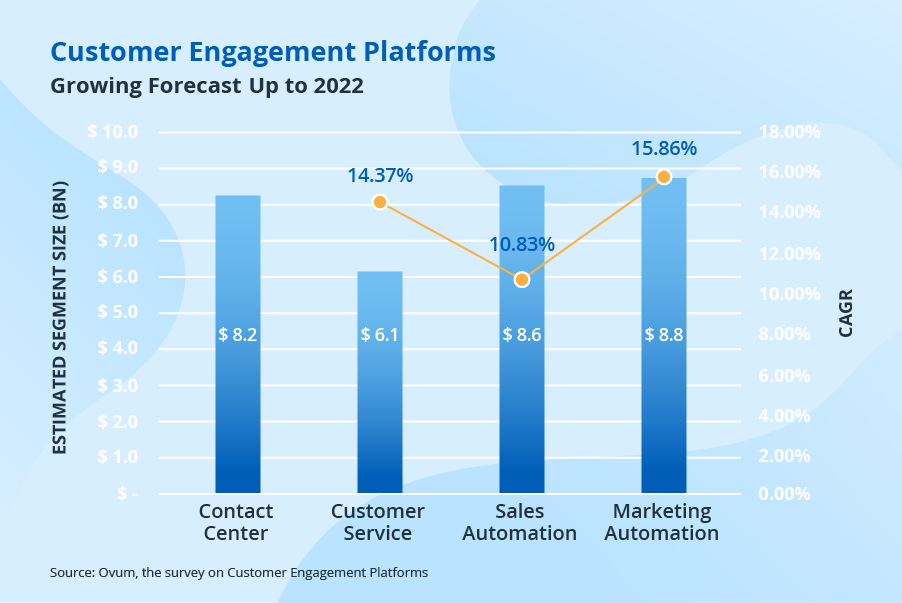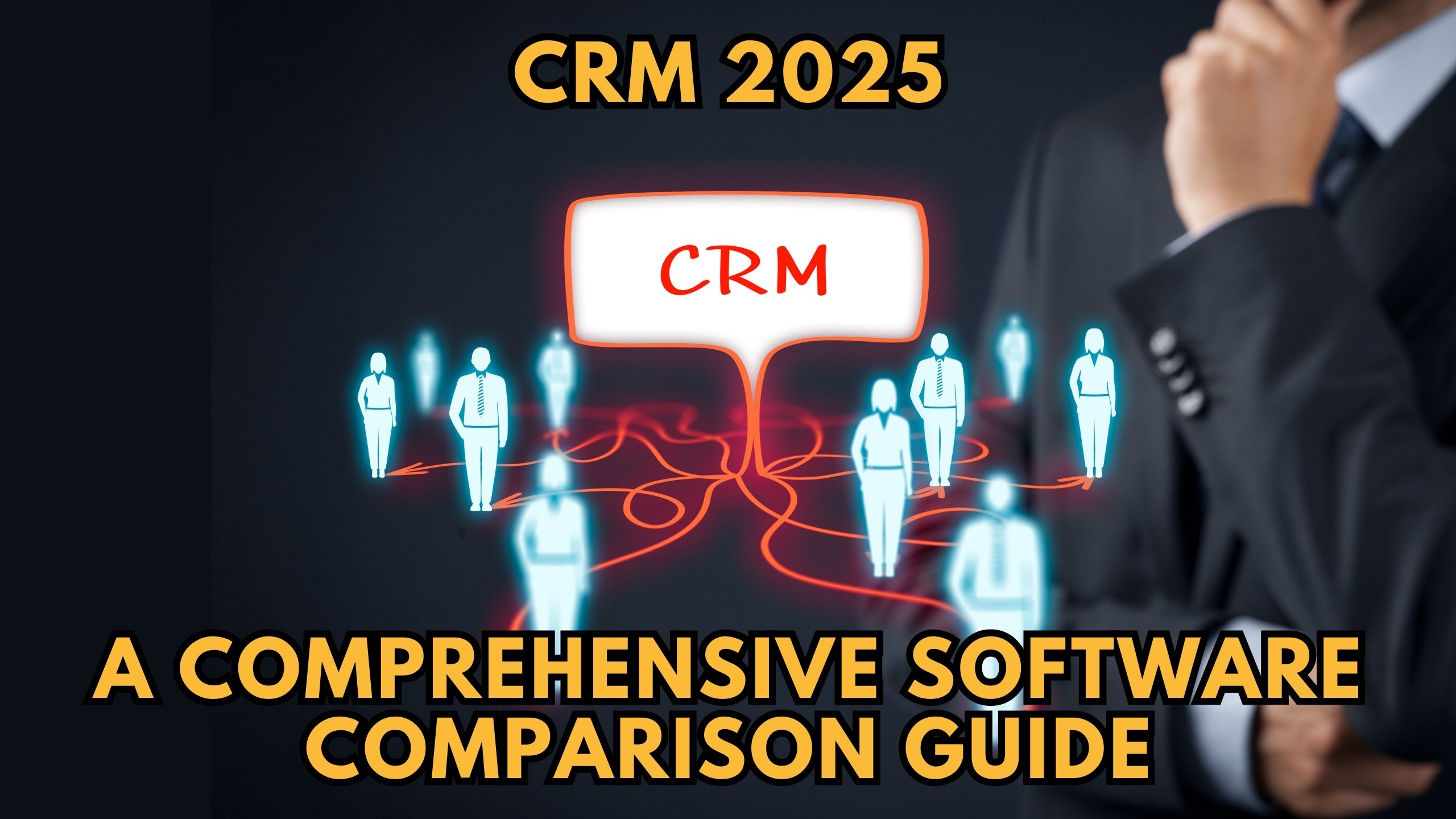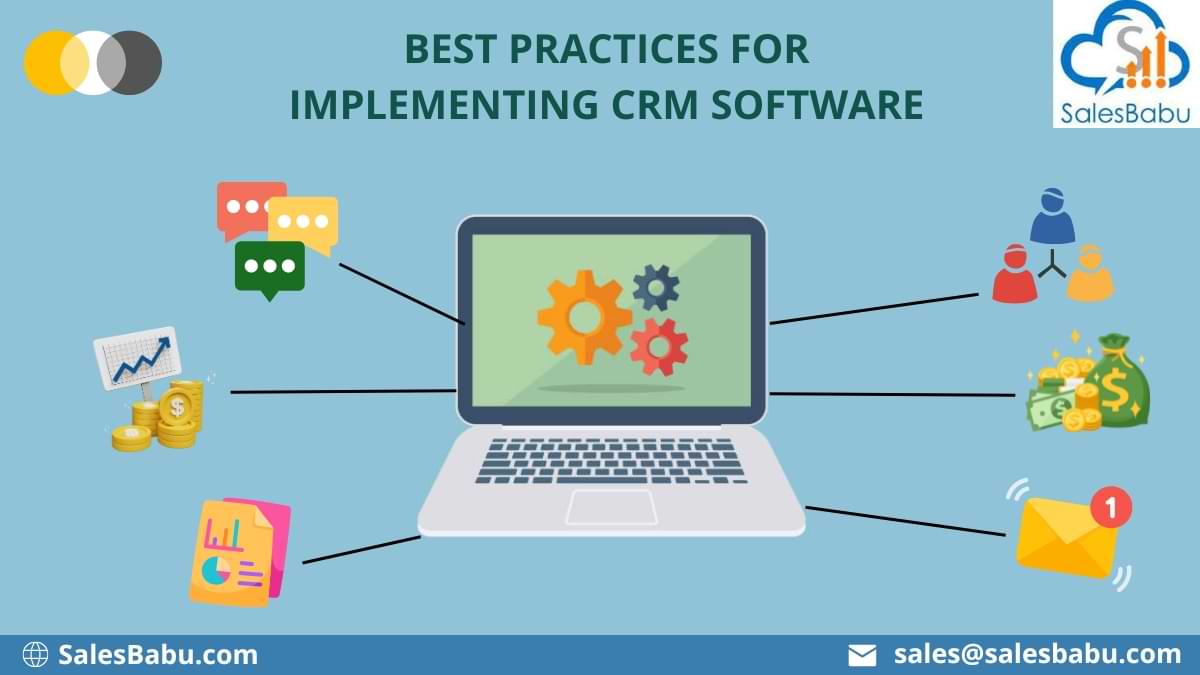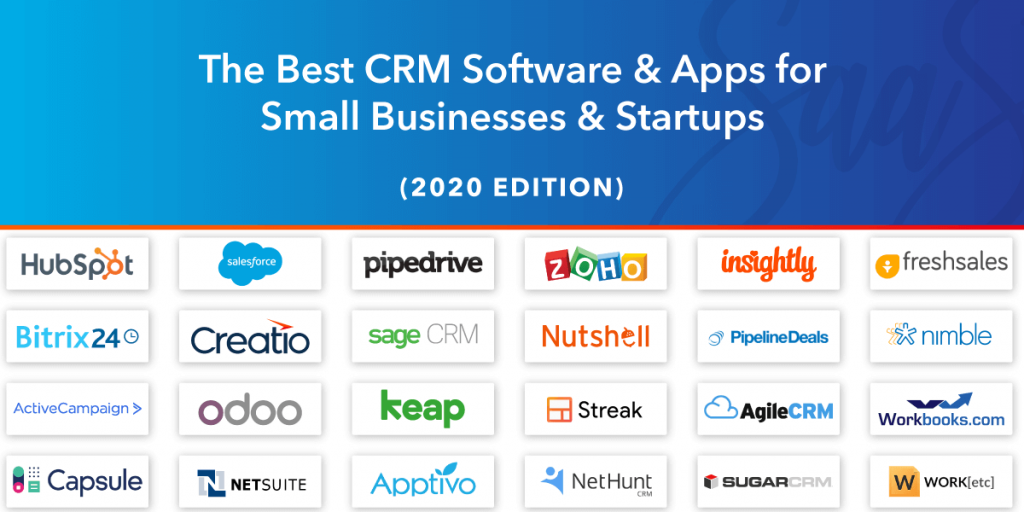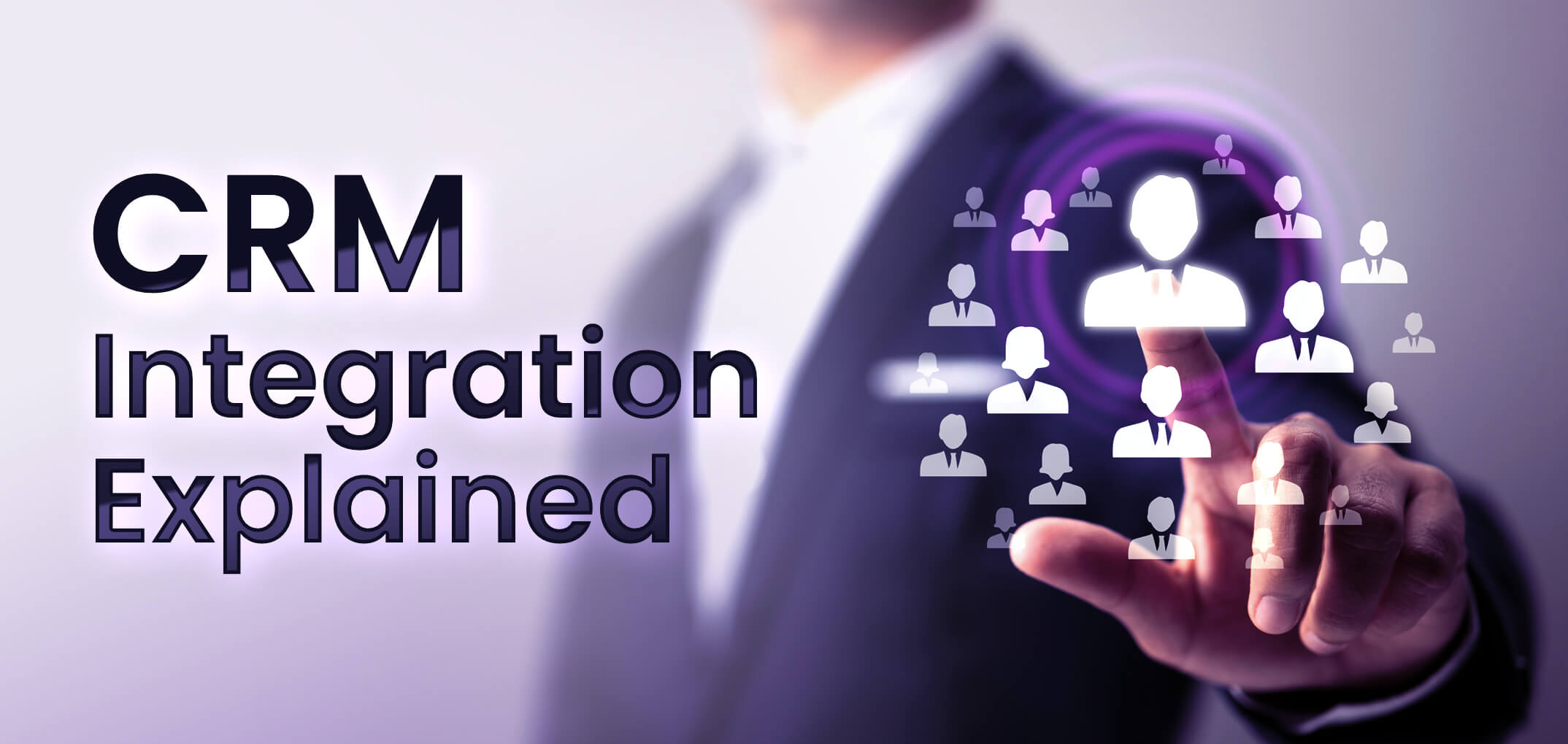Supercharge Your Business: The Ultimate Guide to CRM Marketing
In today’s fast-paced business world, staying ahead of the curve is crucial. You need to understand your customers, anticipate their needs, and deliver exceptional experiences. This is where CRM marketing comes in. But what exactly is it? And how can it transform your business? This comprehensive guide delves deep into the world of CRM marketing, providing you with the knowledge and strategies you need to thrive.
What is CRM Marketing? Unveiling the Power of Customer Relationship Management
CRM marketing, at its core, is a customer-centric strategy that leverages Customer Relationship Management (CRM) software to manage and analyze customer interactions and data throughout the customer lifecycle. It’s about building strong, lasting relationships with your customers, not just making a quick sale. It’s a paradigm shift from a product-focused approach to a customer-focused one.
Think of it this way: instead of just selling a product, you’re building a relationship. You’re learning about their needs, preferences, and pain points. You’re personalizing their experience. You’re anticipating their future needs. This leads to increased customer loyalty, higher customer lifetime value, and ultimately, a more successful business.
CRM marketing encompasses a wide range of activities, including:
- Data Collection and Management: Gathering and organizing customer data from various sources.
- Segmentation: Grouping customers based on shared characteristics.
- Personalization: Tailoring marketing messages and offers to individual customers.
- Automation: Automating repetitive tasks, such as email marketing and follow-ups.
- Analytics and Reporting: Tracking and analyzing marketing performance.
The key is to use the data you collect to understand your customers better and tailor your marketing efforts to their needs.
The Benefits of CRM Marketing: Why Your Business Needs It
Implementing a robust CRM marketing strategy offers a plethora of benefits that can significantly impact your bottom line. Let’s explore some of the most compelling advantages:
Enhanced Customer Satisfaction and Loyalty
Happy customers are repeat customers. CRM marketing allows you to personalize interactions, anticipate needs, and provide exceptional customer service. This leads to increased satisfaction, which in turn fosters loyalty. Loyal customers are less likely to switch to competitors and are more likely to recommend your business to others.
Improved Customer Retention
Customer acquisition is expensive. CRM marketing helps you retain existing customers by proactively addressing their needs and providing ongoing value. By understanding customer behavior, you can identify at-risk customers and take steps to prevent them from churning.
Increased Sales and Revenue
By understanding your customers better, you can tailor your marketing messages and offers to their specific needs and preferences. This leads to higher conversion rates and increased sales. CRM marketing also helps you identify upsell and cross-sell opportunities, further boosting revenue.
More Effective Marketing Campaigns
CRM marketing enables you to segment your customer base and target specific groups with relevant messages. This results in more effective marketing campaigns with higher engagement rates and better ROI. You’re not just blasting out generic messages; you’re delivering personalized content that resonates with your target audience.
Streamlined Sales Processes
CRM software automates many sales tasks, such as lead tracking, follow-ups, and reporting. This frees up your sales team to focus on building relationships with customers and closing deals. A streamlined sales process leads to increased efficiency and productivity.
Data-Driven Decision Making
CRM systems provide valuable data insights that can inform your business decisions. You can track key metrics, such as customer acquisition cost, customer lifetime value, and conversion rates. This data allows you to make informed decisions about your marketing strategy and resource allocation.
Key Components of a Successful CRM Marketing Strategy
Building a successful CRM marketing strategy involves several key components working in harmony. Let’s break down the essential elements:
1. Choosing the Right CRM Software
The foundation of your CRM marketing strategy is the CRM software itself. Selecting the right software is crucial for your success. Consider the following factors when choosing a CRM:
- Your Business Needs: What are your specific requirements? Do you need features for sales, marketing, or customer service?
- Scalability: Can the software grow with your business?
- Integration: Does it integrate with your existing tools and systems?
- Ease of Use: Is it user-friendly and easy to learn?
- Cost: What is your budget?
Some popular CRM software options include Salesforce, HubSpot CRM, Zoho CRM, and Microsoft Dynamics 365. Research and compare different options to find the best fit for your business.
2. Data Collection and Management
Data is the lifeblood of CRM marketing. You need to collect and manage customer data effectively. This involves gathering data from various sources, such as your website, social media, email marketing, and customer service interactions.
Here’s how to approach data collection and management:
- Define Your Data Needs: What information do you need to collect about your customers?
- Choose Data Sources: Identify the sources from which you’ll collect data.
- Implement Data Collection Methods: Use forms, surveys, and other methods to collect data.
- Organize and Store Data: Store your data in a secure and organized manner.
- Ensure Data Quality: Regularly clean and update your data to ensure accuracy.
Data privacy and security are paramount. Always comply with relevant data privacy regulations, such as GDPR and CCPA.
3. Customer Segmentation
Customer segmentation is the process of dividing your customer base into groups based on shared characteristics, such as demographics, behavior, and purchase history. This allows you to tailor your marketing messages to specific groups, increasing their effectiveness.
Here are some common segmentation criteria:
- Demographics: Age, gender, location, income, etc.
- Psychographics: Lifestyle, values, interests, etc.
- Behavior: Purchase history, website activity, engagement with marketing campaigns, etc.
- Needs: What are their needs and pain points?
The more granular your segmentation, the more effective your marketing campaigns will be. You can create highly targeted campaigns that resonate with specific customer segments.
4. Personalization
Personalization is about tailoring your marketing messages and offers to individual customers. It’s about making each customer feel valued and understood.
Here are some ways to personalize your marketing:
- Personalized Emails: Use the customer’s name, address them by their first name, and reference their past purchases.
- Personalized Website Content: Display different content based on the customer’s behavior and preferences.
- Personalized Product Recommendations: Recommend products that are relevant to the customer’s interests.
- Personalized Offers: Offer discounts or promotions that are tailored to the customer’s needs.
Personalization increases customer engagement and conversion rates. It shows your customers that you care about them as individuals.
5. Automation
Automation involves using CRM software to automate repetitive tasks, such as email marketing, lead nurturing, and follow-ups. This frees up your team to focus on more strategic initiatives.
Here are some examples of automation:
- Email Marketing Automation: Send automated emails based on customer behavior, such as welcome emails, abandoned cart emails, and post-purchase follow-ups.
- Lead Nurturing Automation: Nurture leads through the sales funnel with automated email sequences.
- Task Automation: Automate tasks, such as creating new leads or updating customer records.
Automation saves time, increases efficiency, and improves the customer experience.
6. Analytics and Reporting
Tracking and analyzing your marketing performance is essential for optimizing your CRM marketing strategy. CRM software provides valuable data insights that can inform your decisions.
Here are some key metrics to track:
- Customer Acquisition Cost (CAC): The cost of acquiring a new customer.
- Customer Lifetime Value (CLTV): The total revenue a customer generates over their lifetime.
- Conversion Rates: The percentage of customers who complete a desired action, such as making a purchase.
- Customer Retention Rate: The percentage of customers who remain customers over a period of time.
- Return on Investment (ROI): The profitability of your marketing campaigns.
Use these metrics to identify what’s working and what’s not, and make adjustments to your strategy accordingly.
CRM Marketing Best Practices: Tips for Success
To maximize the effectiveness of your CRM marketing strategy, consider these best practices:
1. Focus on the Customer
Always put the customer first. Your marketing efforts should be focused on their needs, preferences, and pain points. Understand their journey and tailor your interactions accordingly.
2. Define Clear Goals and Objectives
What do you want to achieve with your CRM marketing strategy? Define specific, measurable, achievable, relevant, and time-bound (SMART) goals and objectives. This will help you track your progress and measure your success.
3. Integrate Your CRM with Other Systems
Integrate your CRM with other systems, such as your website, e-commerce platform, and social media channels. This will provide a more holistic view of your customers and enable you to personalize their experience.
4. Provide Excellent Customer Service
Exceptional customer service is a cornerstone of CRM marketing. Respond promptly to customer inquiries, resolve issues efficiently, and go the extra mile to exceed their expectations.
5. Continuously Test and Optimize
CRM marketing is an ongoing process. Continuously test and optimize your campaigns to improve their performance. A/B test different messages, offers, and calls to action to see what resonates best with your audience.
6. Train Your Team
Ensure that your team is properly trained on how to use your CRM software and implement your CRM marketing strategy. This will ensure that everyone is on the same page and working towards the same goals.
7. Prioritize Data Privacy and Security
Always comply with data privacy regulations and protect your customers’ data. Be transparent about how you collect and use data, and give customers control over their information.
8. Stay Up-to-Date
The world of CRM marketing is constantly evolving. Stay up-to-date on the latest trends, best practices, and technologies. Attend industry events, read blogs, and follow thought leaders.
CRM Marketing Examples: Real-World Success Stories
To truly understand the power of CRM marketing, let’s look at some real-world examples of businesses that have achieved remarkable results:
1. Amazon
Amazon is a master of CRM marketing. They use customer data to personalize product recommendations, offer targeted promotions, and provide a seamless shopping experience. Their personalized emails, based on browsing history and purchase behavior, are legendary.
2. Netflix
Netflix leverages CRM to recommend movies and TV shows based on viewing history and preferences. Their personalized recommendations, along with their user-friendly interface, keep customers engaged and coming back for more.
3. Starbucks
Starbucks uses its loyalty program and mobile app to collect customer data and personalize their experience. They offer rewards, personalized offers, and a seamless ordering experience, all of which contribute to customer loyalty and brand advocacy.
4. Sephora
Sephora uses CRM to track customer purchases, offer personalized product recommendations, and send targeted promotions. Their Beauty Insider program rewards customers for their loyalty and encourages repeat purchases.
5. HubSpot
HubSpot, a leading CRM and marketing automation platform, practices what they preach. They use their own CRM to nurture leads, personalize their website content, and deliver targeted marketing campaigns. This has helped them grow their business and establish themselves as a thought leader in the industry.
The Future of CRM Marketing: Trends to Watch
The landscape of CRM marketing is constantly evolving. Here are some trends to keep an eye on:
1. Artificial Intelligence (AI) and Machine Learning (ML)
AI and ML are being used to automate marketing tasks, personalize customer experiences, and predict customer behavior. AI-powered chatbots, for example, can provide instant customer service and answer frequently asked questions.
2. Hyper-Personalization
Going beyond basic personalization, hyper-personalization involves tailoring marketing messages and offers to each individual customer’s unique needs and preferences. This requires advanced data analytics and AI-powered personalization engines.
3. Customer Data Platforms (CDPs)
CDPs are centralized platforms that collect and manage customer data from various sources. They provide a single view of the customer and enable marketers to deliver more personalized experiences.
4. Voice Search Optimization
With the rise of voice search, marketers need to optimize their content for voice. This includes using conversational language, providing concise answers, and optimizing for local search.
5. The Rise of the Customer Experience (CX)
Customer experience is becoming increasingly important. Businesses are focusing on creating seamless, personalized, and engaging experiences across all touchpoints. CRM marketing plays a critical role in delivering a positive CX.
Conclusion: Embracing the Power of CRM Marketing
CRM marketing is no longer a luxury; it’s a necessity for businesses that want to thrive in today’s competitive market. By leveraging the power of CRM software and focusing on building strong customer relationships, you can increase customer satisfaction, improve retention, boost sales, and drive sustainable growth.
This guide has provided you with a comprehensive overview of CRM marketing, including its benefits, key components, best practices, and future trends. Now it’s time to put this knowledge into action. Implement a robust CRM marketing strategy and watch your business flourish.
Start by assessing your current CRM capabilities, identifying your customer needs, and setting clear goals. Choose the right CRM software, collect and manage your data effectively, and segment your customer base. Personalize your marketing messages, automate your tasks, and track your performance.
Remember to focus on the customer, provide excellent customer service, and continuously test and optimize your campaigns. Stay up-to-date on the latest trends and best practices, and embrace the future of CRM marketing.
By embracing the power of CRM marketing, you can transform your business and build lasting relationships with your customers. It’s an investment that will pay off handsomely in the long run.

